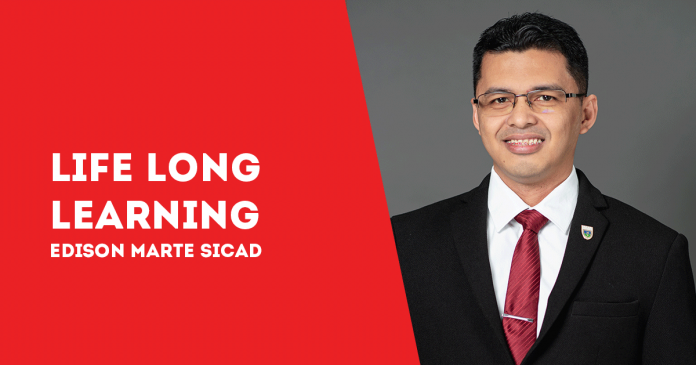
I WOULD often hear this declaration before the announcement of winners. And this kind of encouragement — or motivation — is mostly given to contestants in a school-related competition.
What does the speaker mean by pointing out that everyone is a winner? It is argued that by joining, by doing their best, by being part of the activity, the contestants are already winners.
“However — the speaker would add this justification — since this is a competition, we need to choose a winner.”
In short, when a contestant joins a contest, he would either be the winner or the loser. Or to put it bluntly, not all will, in fact, win. Therefore, not all are winners.
Things I learned from competitions (or from losing):
1. The absence of evidence is not the evidence of its absence.
I learned that there is always someone out there who is doing more and preparing harder than I. There will always be that person who has a better mindset and has more discipline in getting ready for the competition.
Mediocrity then can either be a personal fault, or the “dominant vibe” of our environment.
Just remember that when we are aiming for a goal, e.g., getting the highest grade, winning the election, or being promoted, there is a big possibility that someone else out there is preparing better than us.
With this, I learned to stop complaining and start finding ways to motivate myself into doing more.
2. Develop humility and confidence, not self-pity and outside validation.
To those who are working, you may have encountered a co-worker who is so full of himself that he must tell you how great and smart he is. He just can’t help it. He is awesome—according to his own assessment.
You may have also met an employee who makes sure that he has the most miserable situation. “You fell down the stairs? Mine was even worse. I was fixing our roof when, blah, blah, blah.”
Some winners get conceited, and some losers become toxic.
3. Be careful of self-induced depression and useless anxieties.
I have a friend who complained, for the past couple of months, about the extreme heat. He was not able to work properly because the intense heat affected his over-all condition.
Then, the rainy season started. He is now complaining about the difficulty in commuting. Also, he now needs to bring an umbrella.
Why am I pointing this out? Because real life doesn’t care about your feelings. And if the speaker said that everyone is a winner because he is concerned that some students (and sometimes also parents and teachers) will feel bad in losing, then we have not really prepared them for life.
Let us call a spade a spade. To love is to teach the facts of life. Students (parents and teachers as well) must learn that reality hurts — that reality bites.
I have learned more from my defeats. I have gained more wisdom from my personal failings. From losing, I have learned the cycle of life: that I can also win./PN



